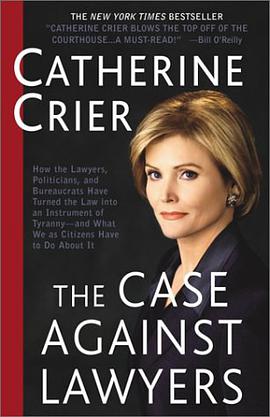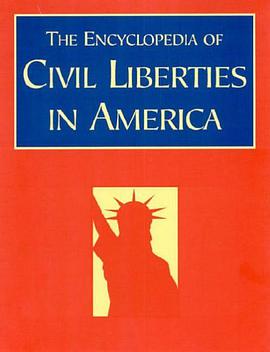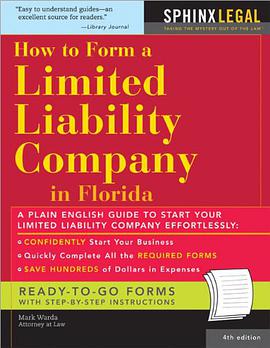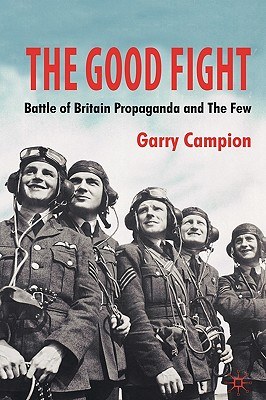

具体描述
[Related Subjects] History: America >> United States >> Later twentieth century, 1961- >> General >> Diplomatic history. Foreign and general relations
Since the success of the best-selling first edition, the world has remained fascinated with US foreign policy, not least because of the far-reaching consequences of the US led invasion of Iraq. This fully updated textbook follows the events of the past two and a half years including the 2004 presidential campaign, whilst still providing a comprehensive introduction to all aspects of American foreign policy. Chapter headings include: - from colony to superpower - the post-Cold War decade - the role of Congress - the media and public opinion - the US and terrorism. Examining the administrations of George Bush, Bill Clinton and George W. Bush, it explains the complex interaction between the institutions of power, the key actors and the non-governmental organisations to give a complete picture of foreign policy. With a complete glossary of terms, this textbook is ideal for those studying American Politics or International Relations.
作者简介
目录信息
1 From colony to superpower
The American century
The reluctant internationalist
The two world wars
The Cold War
Conclusion
Selected further reading
2 The post-Cold War years
President George H.W.Bush
President Bill Clinton
Party differences
President George W.Bush
Conclusion
Selected further reading
3 The executive branch
Increasing number of actors
The President
The Vice President
The National Security Council
The State Department
The Department of Defense (Pentagon)
The intelligence community
Department of Homeland Security
Conclusion
Selected further reading
4 The role of Congress
Overview
Congressional powers
The informal process
The President and Congress
Changes in Congress
Conclusion
Selected further reading
5 The domestic environment
The changing body politic
The new immigration
Increasing power of lobbies
Business and unions
Other non-governmental organizations (NGOs)
Foreign influences
Conclusion
Selected further reading
6 The media and public opinion
Public attitudes
Declining media coverage
The media and warfare
The CNN effect
Polling results
Multilateralism and international institutions
Conclusion
Selected further reading
7 Foreign trade, the economy and globalization
From protectionism to free trade
Multilateral, regional, and bilateral approaches
The making of trade policy
Trade deficits
Dollar diplomacy
The US and globalization
Conclusion
Selected further reading
8 Terrorism and the Iraq War
The response to 11 September
Why do they hate us?
Rogue states and the terrorist list
Policy dilemmas
Policy options
Homeland defense
Conclusion
Selected further reading
9 US foreign policy priorities
Spending priorities
Missile defense
The United Nations
Europe
Russia, Ukraine and Central Asia
Asia
Latin America
Middle East
Africa
Conclusion
Selected further reading
10 Hegemon and sheriff
Quid America?
Unilateralism v. multilateralism
Global hegemon
The reluctant sheriff
The new realism
Conclusion
Selected further reading
Conclusion
Who makes US foreign policy?
The world in 2015
Is the past a guide to the future?
The ugly American
The end of the post-Cold War era?
Number one—for how long?
Glossary
Selected key dates
Appendix 1
Appendix 2
Bibliography
· · · · · · (收起)
读后感
评分
评分
评分
评分
用户评价
相关图书
本站所有内容均为互联网搜索引擎提供的公开搜索信息,本站不存储任何数据与内容,任何内容与数据均与本站无关,如有需要请联系相关搜索引擎包括但不限于百度,google,bing,sogou 等
© 2026 book.quotespace.org All Rights Reserved. 小美书屋 版权所有




















